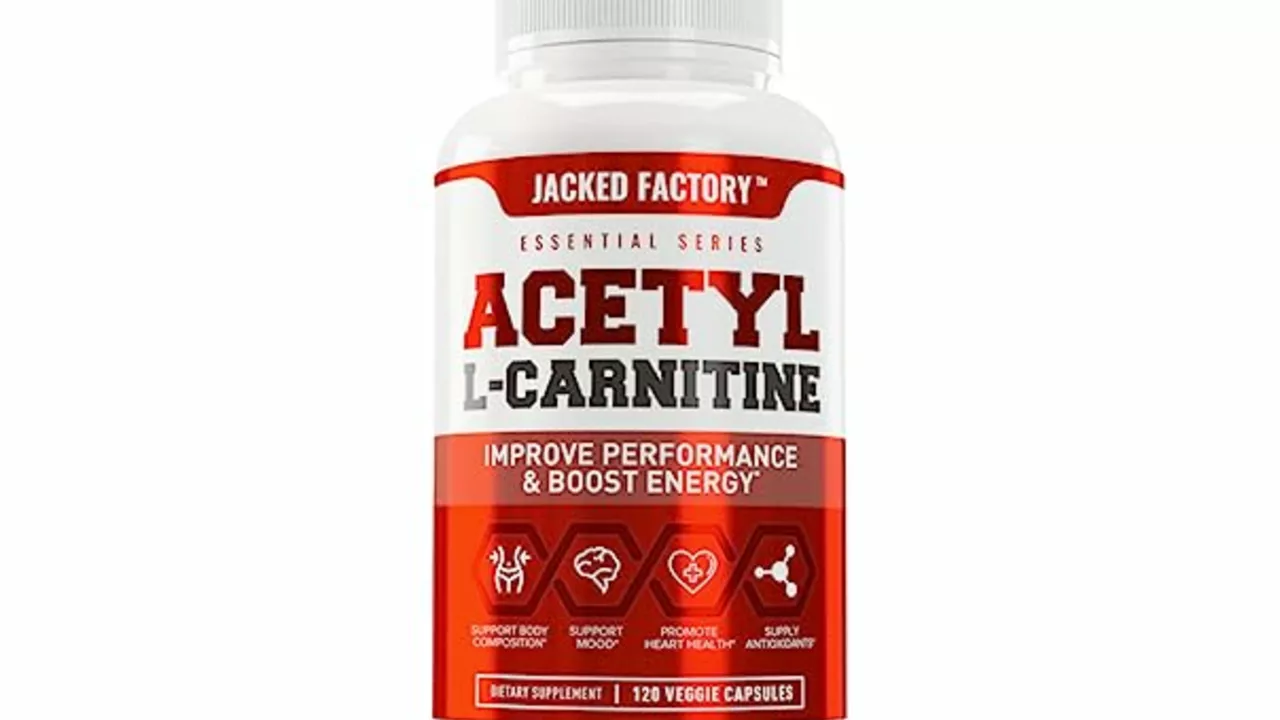Supplementation: Practical Tips to Choose and Use Supplements Safely
Thinking about adding a supplement to your routine? You're not alone. Supplements can help fill gaps in your diet, support recovery, or boost immunity. But not every product on the shelf works the same way. This page gives short, clear steps to pick safer options and get real benefits without wasting money or risking harm.
How to pick a supplement that actually helps
Start by naming the problem you want to fix. Is it low energy, poor sleep, joint pain, or immune support? A clear goal makes it easier to pick the right product. Next, check the active ingredient and dose. For example, if you're interested in mood or focus, our article on Phenethylamine explains how that compound works and what to watch for.
Look for supplements with transparent labels: exact ingredient names, amounts per serving, and a suggested use. Avoid vague claims like "supports all-around wellness" without listing ingredients. Prefer brands that show third-party testing or give batch numbers — that tells you someone checked purity and potency.
Safety, interactions, and buying tips
Supplements can interact with medicines. If you take prescription drugs like statins, blood thinners, or antidepressants, talk to your doctor or pharmacist before adding anything new. Simple examples: some herbal extracts raise bleeding risk with blood thinners, while others can change how your body handles prescription meds.
Buying online is convenient but be picky. Use trusted sellers and watch for red flags: no contact info, unnaturally low prices, or vague label photos. Our site covers buying guidance and safe online pharmacy practices — check posts that review sellers and legal tips before you buy.
Start with a short trial at the lowest suggested dose. Track any changes for two to four weeks and stop if you notice new symptoms. If a supplement promises dramatic results overnight, be skeptical; meaningful changes usually take time.
Look beyond marketing. Some ingredients have strong research — vitamin D for bone health, omega-3s for certain heart benefits, or standardized herbal extracts with clinical trials. Others rely mostly on tradition or small studies. When an article on this site names a benefit, we try to explain the evidence and the limits.
Practical checklist before you buy: 1) Define the goal. 2) Read the label for active ingredient and dose. 3) Check for third-party testing. 4) Ask your healthcare provider about interactions. 5) Buy from a seller with clear contact info and returns. Follow these steps and you’ll cut risk and spend smarter.
Want more on a specific supplement? Read our articles on Phenethylamine, Birch supplements, or Umckaloabo for immune support. Each piece breaks down benefits, safety, and how to use them in everyday life.
If you're unsure, a short chat with your pharmacist can save time and headaches. Supplements can help, but the right choice comes from clear goals, careful checking, and common-sense safety.
The optimal dosage of acetyl-l-carnitine for various health conditions
In my exploration of acetyl-l-carnitine, I found that its optimal dosage varies based on different health conditions. For instance, people suffering from Alzheimer's or other cognitive disorders might need around 1.5-3 grams per day. Those with depression could benefit from 1-4 grams daily, while individuals with nerve pain may need 1-3 grams daily. It's always essential, though, to consult with a healthcare provider before starting any new supplement regimen. Remember, everyone's body responds differently, and what works for one might not work for another.

